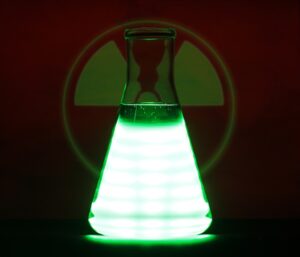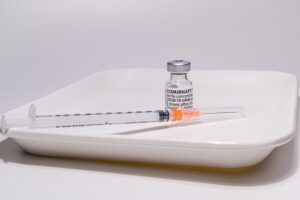A Potential Breakthrough: Artificial Hibernation in Space Travel
Every step in our celestial journey, from the first moon landing to the ongoing Mars missions, has demanded innovative solutions to complex problems. One such challenge that has baffled scientists for decades is the human body’s endurance during long-duration space missions. Enter the field of artificially triggered hibernation, a potential game-changer for deep space exploration.
Artificial hibernation – a concept once confined to the realm of science fiction – is now being seriously explored in the realm of science fact. The implications of this breakthrough for astronaut health, safety, and the feasibility of long-duration space travel are simply staggering.
Understanding Artificial Hibernation
Hibernation is a state of inactivity and metabolic depression in animals, characterized by lower body temperature, slower breathing, and lower metabolic rate. It helps animals conserve energy during harsh or unfavorable conditions. The goal for scientists has been to artificially induce this state in humans, particularly for space travel where resources are limited and travel times can be exceedingly long.
Artificial Hibernation: A Potential Solution for Long-Duration Space Missions
The prospect of artificially induced hibernation presents a multitude of benefits for space travel. Primarily, it could drastically reduce the resources needed during the voyage. By slowing down the metabolic rate, the demand for food, water, and oxygen would decrease significantly. This could pave the way for lighter spacecraft and more efficient missions.
Furthermore, artificial hibernation could potentially mitigate the psychological challenges of long-distance space travel. The isolation and confinement associated with such voyages can lead to significant mental health issues. Hibernation could, therefore, help astronauts bypass the psychological trials of extended periods in space.
Hibernation and Astronaut Health: A Protective Measure?
Artificial hibernation could also act as a protective measure against the harmful effects of space radiation. During deep space exploration, astronauts are exposed to significant amounts of cosmic radiation, which could have detrimental effects on their health. Induced hibernation might reduce the body’s vulnerability to radiation damage, protecting astronauts during their long celestial journeys.
The Road Ahead
While the concept of artificial hibernation is exciting, there are still several hurdles to overcome. We need more research to understand the long-term effects of such a state on the human body, and perfect the methods to safely induce and reverse it.
Artificial hibernation is an exhilarating frontier in the quest for deep space exploration. This breakthrough holds immense potential and could shape the future of space travel, making interstellar voyages a reality.
The dream of reaching the stars has guided humanity for generations. With each day and each discovery, we’re drawing closer. As we unlock the secrets of artificial hibernation, we may just find the key to the cosmos.












